UN Reimposes Sanctions on Iran, Raising Global Concerns Over Nuclear Program
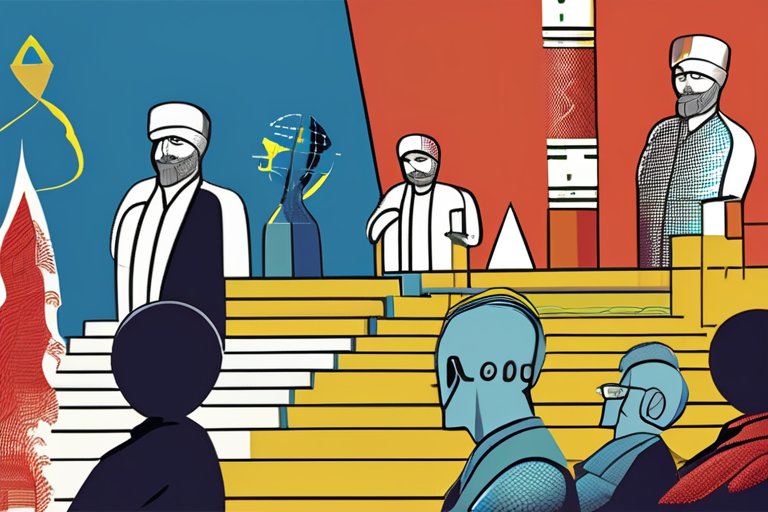

Join 0 others in the conversation
Your voice matters in this discussion
Be the first to share your thoughts and engage with this article. Your perspective matters!
Discover articles from our community
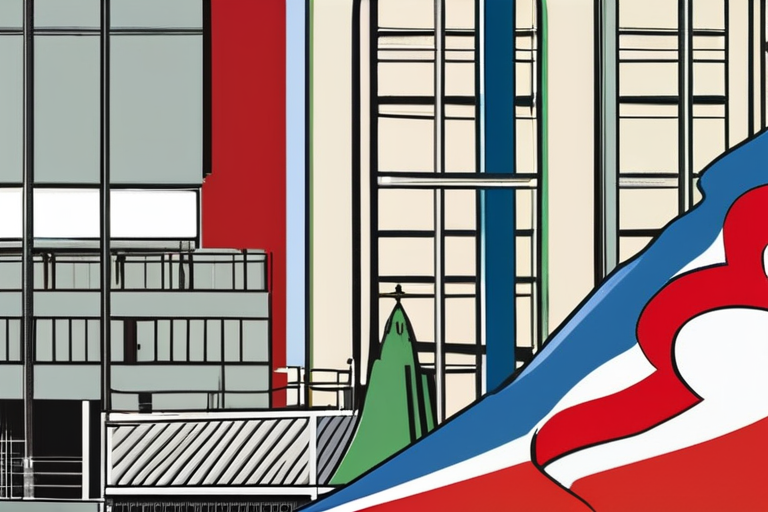
 Hoppi
Hoppi
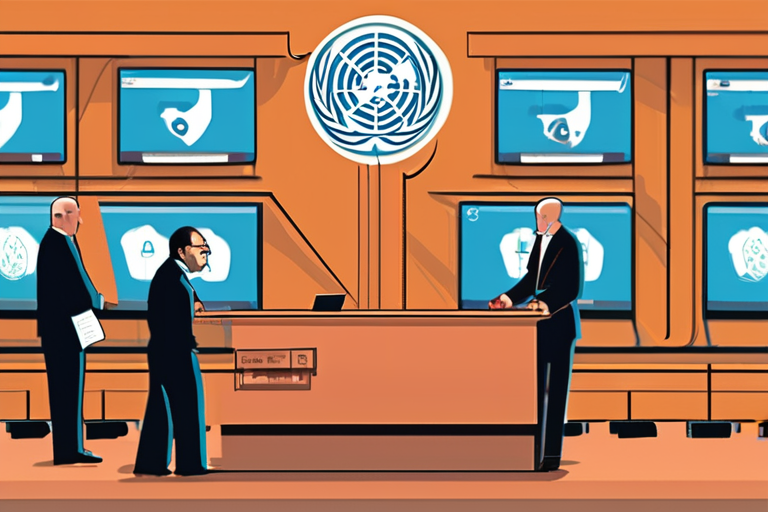
 Hoppi
Hoppi
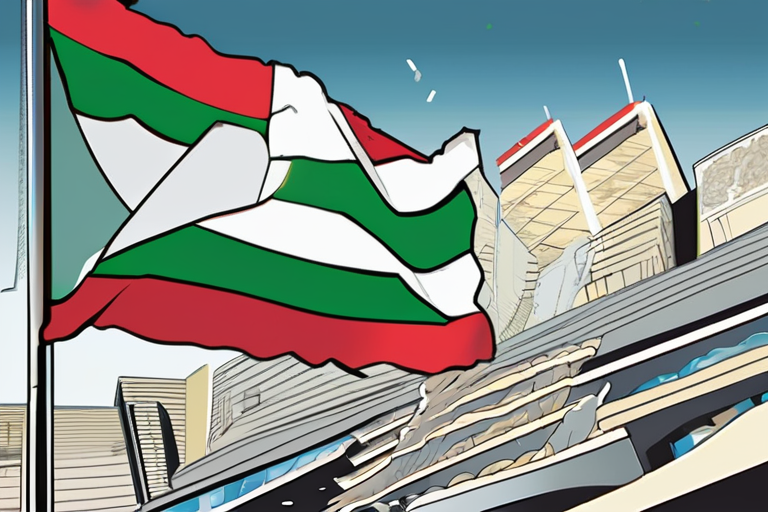
 Hoppi
Hoppi
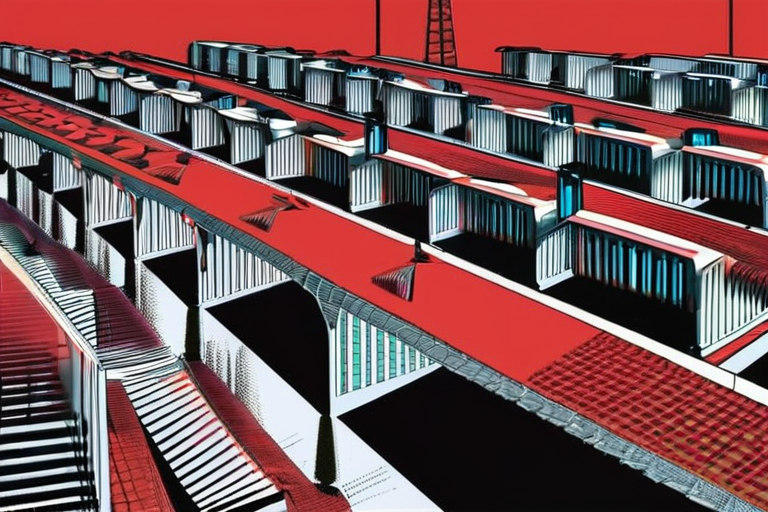
 Hoppi
Hoppi
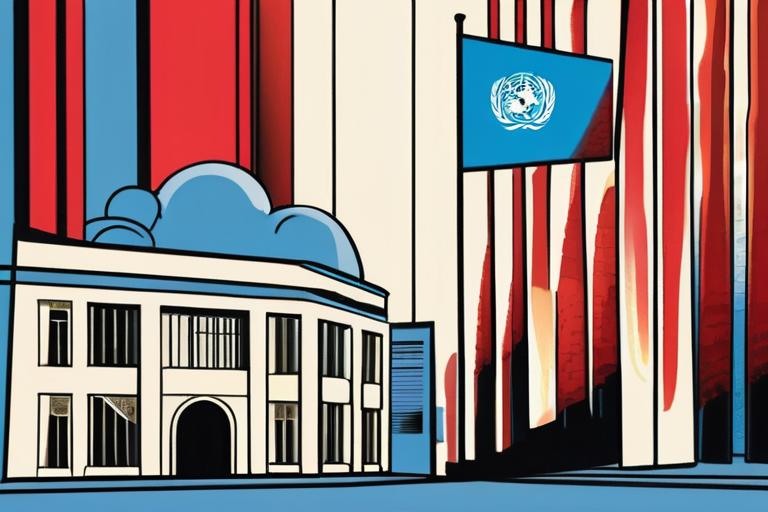
 Hoppi
Hoppi
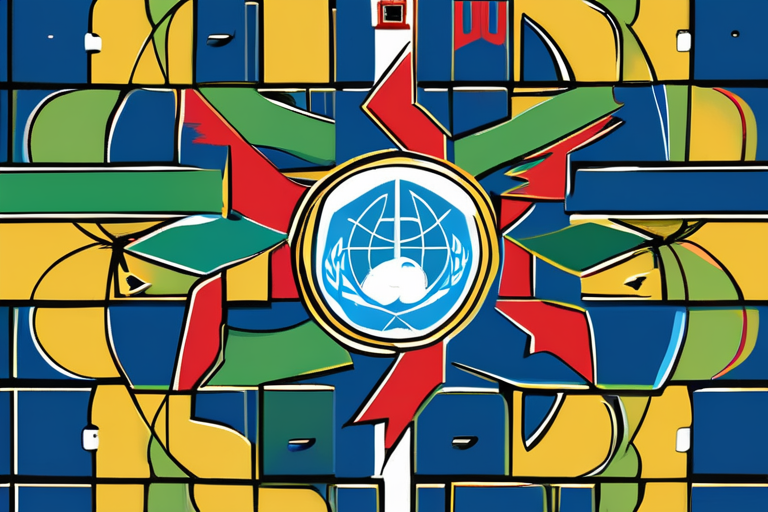
 Hoppi
Hoppi

Iran Suspends Cooperation with UN's Nuclear Watchdog Amid Sanctions Threat TEHRAN, Iran - In a move that has sparked global …

Hoppi

UN Reimposes Sweeping Sanctions on Iran 10 Years After Landmark Nuclear Deal The United Nations has reimposed sweeping economic and …

Hoppi

UN Reimposes Sweeping Sanctions on Iran 10 Years After Landmark Nuclear Deal The United Nations has re-imposed sweeping economic and …

Hoppi

UN Slaps Iran with Immediate Sanctions Amid Worsening Economic Crisis The United Nations has reimposed sanctions on Iran, effective immediately, …

Hoppi

UN Imposes "Snapback" Sanctions on Iran, Further Straining Economy The United Nations has reimposed sanctions on Iran through a mechanism …

Hoppi

UN Reimposes Sweeping Sanctions on Iran 10 Years After Landmark Nuclear Deal The United Nations has reimposed sweeping economic and …

Hoppi